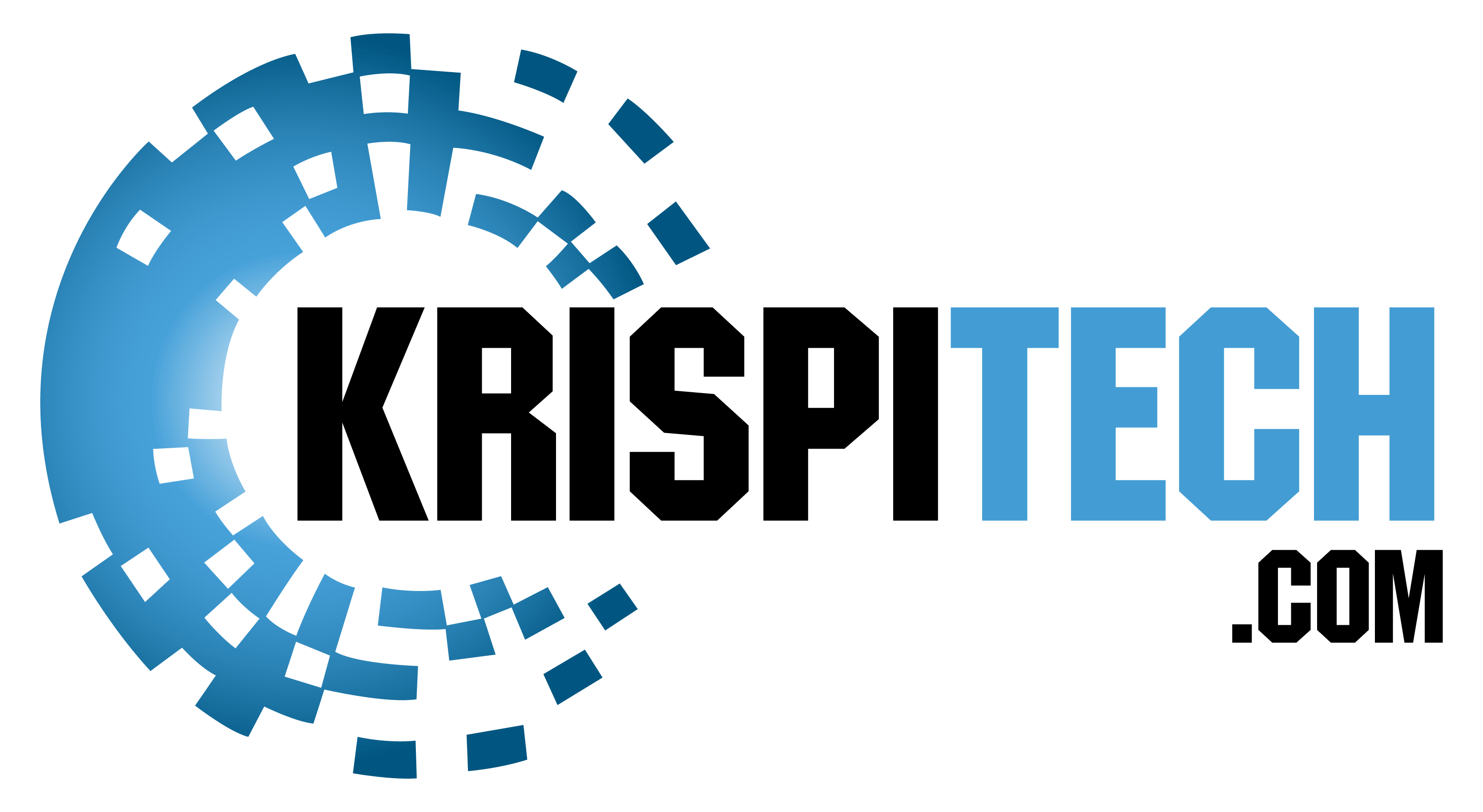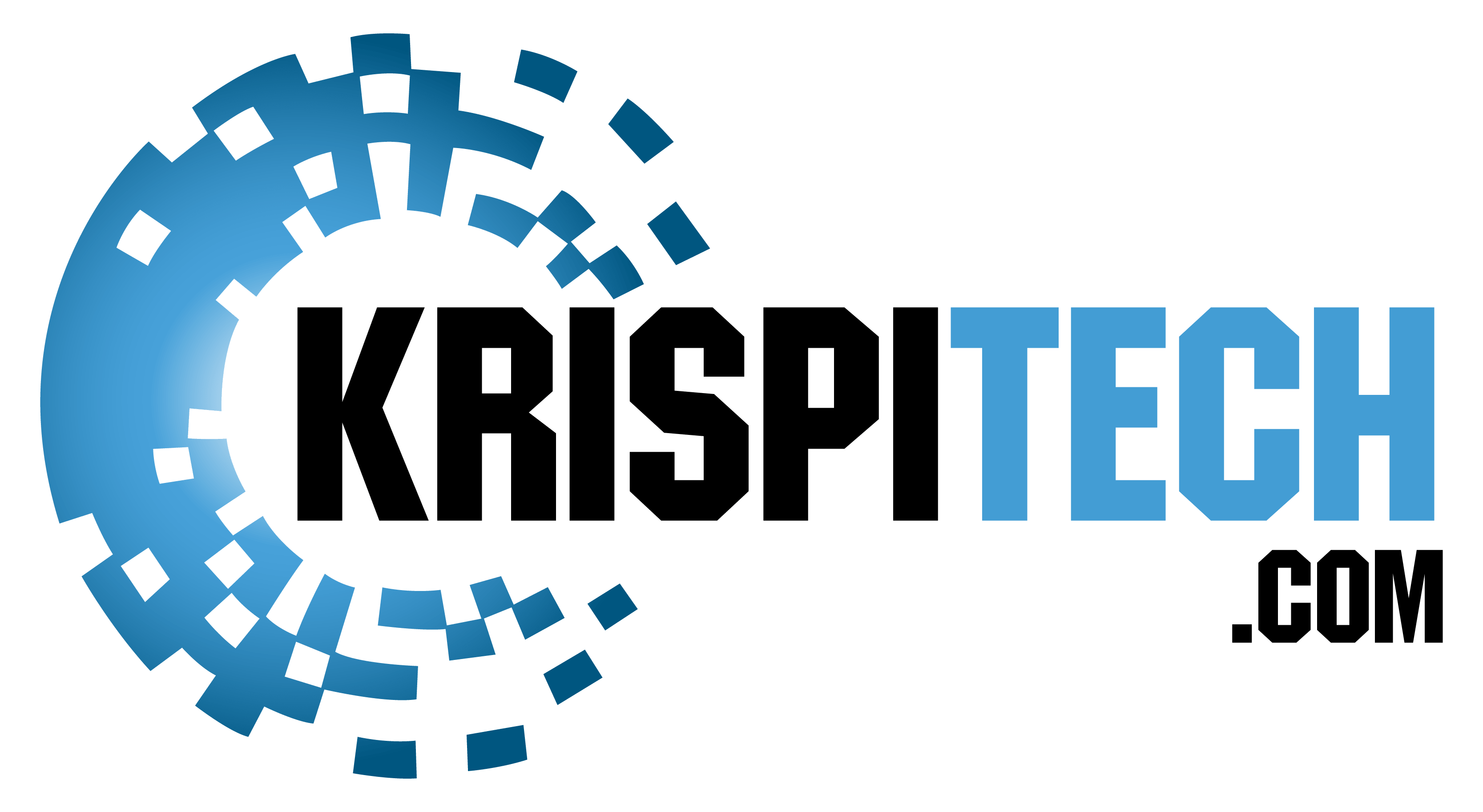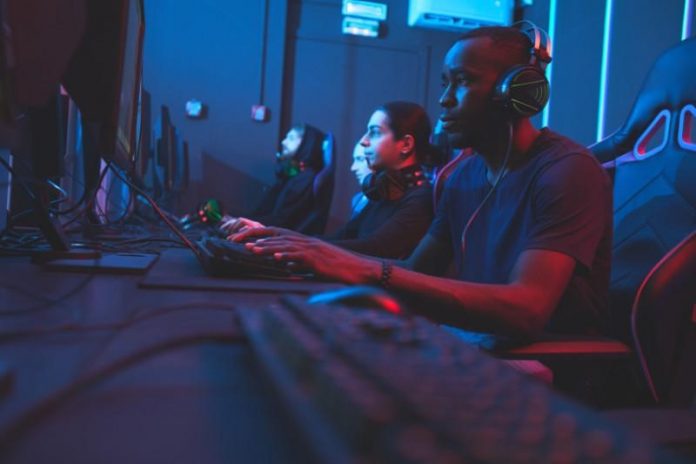Introduction
In the dynamic and fast-paced world of esports, where virtual battles unfold on screens and the roar of the crowd is replaced by the click of keyboards and controllers, regulatory changes are reshaping the landscape. From the digital arenas of gaming to the boardrooms of esports organizations, legal developments are exerting a profound influence on every aspect of the industry. Understanding these changes isn’t just a matter of compliance; it’s the key to unlocking the full potential of esports as a global phenomenon.
Esports, once considered a niche pastime, has evolved into a billion-dollar industry, capturing the imaginations of millions worldwide. Yet, with this meteoric rise comes a host of legal complexities and challenges. From intellectual property disputes to player rights, from gambling regulations, which also affected cs2 gambling sites, to data privacy concerns, the legal framework surrounding esports is constantly evolving to keep pace with its rapid growth.
In this article, we delve into the ever-shifting landscape of regulatory changes in esports, shedding light on the legal developments that are shaping the industry’s trajectory. From the battlefields of intellectual property rights to the arenas of player contracts, from the high-stakes world of gambling regulations to the digital realms of data privacy, we explore the key areas where legal considerations intersect with the world of esports.
As stakeholders navigate this complex terrain, they must not only understand the current regulatory landscape but also anticipate future developments. By staying informed and proactive, esports organizations can not only mitigate legal risks but also seize opportunities for innovation and growth. The journey ahead may be challenging, but with the right legal insights and strategies, the future of esports promises to be as thrilling and rewarding as the games
Intellectual Property Rights and Licensing
The realm of intellectual property (IP) rights in esports is intricate, encompassing copyrights, trademarks, and licensing agreements. Recent legal developments and landmark cases have underscored the importance of securing proper licensing agreements for in-game content, sponsorships, and merchandising. Esports organizations must navigate these nuances to protect their assets and foster a sustainable ecosystem for content creation and monetization.
Esports content creators invest significant time and resources into developing unique and engaging content, making intellectual property protection essential. Copyright laws govern the use and distribution of original works, including game footage, broadcasts, and graphics. Trademark laws protect logos, team names, and other distinctive marks associated with esports organizations. Securing proper licensing agreements not only ensures creators receive fair compensation but also protects against unauthorized use and infringement.
Furthermore, the rise of esports as a mainstream entertainment industry has led to increased collaboration between game developers, sponsors, and content creators. Licensing agreements play a crucial role in defining the terms of these partnerships, including revenue sharing, exclusivity rights, and brand integrations. By negotiating comprehensive licensing agreements, esports organizations can maximize revenue opportunities while maintaining control over their intellectual property.
Player Contracts and Employment Law
Player contracts and employment law are central to the esports industry, dictating the rights and responsibilities of players, teams, and organizations. Recent regulatory changes have addressed issues like salary negotiations, sponsorship deals, and player transfers. Understanding employment law is vital to ensuring fair and transparent practices that support player well-being and professional development.
The esports landscape is highly competitive, with players often signing contracts with teams or organizations to compete in tournaments and leagues. These contracts outline various terms and conditions, including compensation, sponsorship obligations, and dispute resolution mechanisms. As the industry matures, regulatory changes have sought to standardize contract terms and provide greater protections for players.
One significant development in player contracts is the recognition of players’ rights as employees, entitled to minimum wage and other employment benefits. This shift reflects the growing professionalism of esports and the need to ensure fair treatment for players. Additionally, collective bargaining rights have gained traction, allowing players to negotiate collectively with teams and organizations to improve working conditions and compensation.
Gambling and Betting Regulations
The emergence of esports as a lucrative market has brought gambling and betting regulations to the forefront. Skin betting, loot boxes, and in-game gambling pose regulatory challenges and ethical concerns. Efforts by policymakers and regulatory bodies aim to establish responsible gambling guidelines and combat illegal betting activities. Protecting the integrity of competitive gaming and safeguarding the interests of players and fans is paramount.
Esports betting has surged in popularity, driven by the excitement of competitive gaming and the potential for financial gain. However, regulatory oversight is essential to prevent underage gambling, match-fixing, and other forms of exploitation. Regulatory bodies around the world are working to develop frameworks that balance consumer enjoyment with player protection and integrity preservation.
In addition to traditional sports betting, esports presents unique challenges due to its digital nature and global reach. Skin betting, which involves using in-game items as virtual currency, has drawn scrutiny from regulators for its potential to facilitate money laundering and underage gambling. Loot boxes, which offer random rewards for real money or virtual currency, have also come under fire for their resemblance to gambling mechanics.
Data Privacy and Consumer Protection
Data privacy and consumer protection regulations play a vital role in safeguarding personal information in esports. Recent data breaches and cybersecurity incidents have highlighted vulnerabilities in the ecosystem. Regulatory frameworks like GDPR and CCPA govern the collection, use, and disclosure of personal data. Prioritizing data privacy and consumer rights is essential for building trust and mitigating legal liabilities.
Esports organizations collect a vast amount of data from players, fans, and viewers, including personal information, gameplay statistics, and purchasing habits. Protecting this data from unauthorized access and misuse is paramount to maintain trust and comply with legal requirements. Regulatory bodies are increasingly scrutinizing esports organizations’ data practices, imposing fines and penalties for non-compliance.
The General Data Protection Regulation (GDPR) and the California Consumer Privacy Act (CCPA) are two key regulatory frameworks that esports organizations must navigate. These laws mandate transparency, consent, and accountability in data processing activities, requiring organizations to implement robust data protection measures and provide individuals with control over their personal information.
Conclusion
As the esports industry continues to evolve, regulatory changes are inevitable. Stakeholders must stay informed and adapt to these developments to ensure compliance and foster a healthy ecosystem. By addressing intellectual property rights, player contracts, gambling regulations, and data privacy, the esports industry can navigate legal complexities while prioritizing fairness, transparency, and integrity. Embracing these changes will not only protect the interests of stakeholders but also contribute to the long-term sustainability and growth of esports on a global scale.












